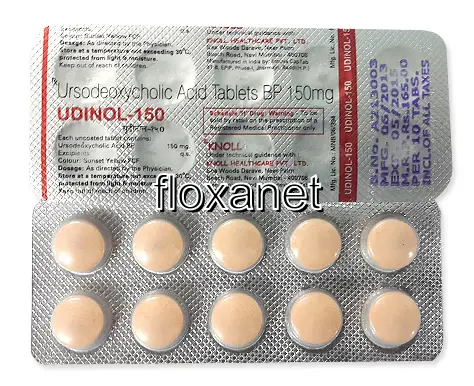Shop Ursodeoxycholic Acid Online in the USA
| Package | Dosage | Price | Price per Dose | |
|---|---|---|---|---|
| Dosage: 300mg | ||||
| 180 pill | 300mg | $762.00 | $4.23 | |
| 120 pill | 300mg | $519.10 | $4.33 | |
| 90 pill | 300mg | $405.28 | $4.50 | |
| 60 pill | 300mg | $290.08 | $4.83 | |
| 30 pill | 300mg | $176.26 | $5.86 | |

Ursodeoxycholic Acid Description
Introduction to Ursodeoxycholic Acid
Ursodeoxycholic acid, commonly known by its abbreviation UDCA, is a naturally occurring bile acid that plays an important role in the human body. It is widely used as a medication to treat various liver and gallbladder conditions. The compound helps improve the flow of bile, reduce liver enzyme levels, and dissolve certain types of gallstones. Its efficacy and safety profile have made it a popular choice for patients with specific hepatic and biliary disorders.
How Ursodeoxycholic Acid Works
This medication works by altering the composition of bile. It decreases the absorption of cholesterol within the intestine and reduces cholesterol saturation in bile. Consequently, it helps prevent the formation of cholesterol gallstones. UDCA also has a protective effect on liver cells by reducing inflammation and the damage caused by toxic bile acids. It promotes the regeneration of damaged liver tissue, which can be beneficial in managing chronic liver diseases.
Uses of Ursodeoxycholic Acid
Ursodeoxycholic acid is primarily prescribed for the dissolution of cholesterol gallstones in patients who are not suitable candidates for surgery. It is also used to treat primary biliary cholangitis, a chronic autoimmune liver disease. Additionally, some practitioners prescribe UDCA for certain cases of liver cirrhosis and as an adjunct therapy in other hepatic disorders. Its role in managing these conditions stems from its ability to improve bile flow and reduce liver inflammation.
Administration and Dosage
The medication is typically taken orally in the form of capsules or tablets. The dosage varies depending on the condition being treated, the patient’s age, weight, and overall health. It is usually recommended to take UDCA with meals to enhance absorption and reduce gastrointestinal discomfort. Regular monitoring through blood tests is essential to assess its effectiveness and to detect any potential side effects. Patients should follow their healthcare provider’s instructions closely and not alter their dose without consultation.
Possible Benefits and Effectiveness
Many patients experience significant relief from symptoms related to gallstones and liver conditions when using Ursodeoxycholic acid. Studies have demonstrated its ability to dissolve cholesterol gallstones over several months of consistent use. Moreover, it can slow the progression of certain chronic liver diseases by reducing liver enzyme levels and improving liver function tests. Its dual role in both dissolving stones and protecting the liver has contributed to its reputation as a valuable medical option.
Safety Profile and Side Effects
UDCA is generally well tolerated by most patients. Its side effects are usually mild and may include gastrointestinal symptoms such as diarrhea, nausea, or upset stomach. Some individuals might experience allergic reactions or skin rashes, although these are rare. Long-term safety data suggest that it does not cause significant toxicity when used as prescribed. However, it is not suitable for individuals with certain conditions, such as bile duct obstruction or acute inflammatory liver diseases. Regular medical supervision is important to ensure its safe use.
Conclusion
Ursodeoxycholic acid remains an effective and safe choice for managing specific liver and gallbladder conditions. Its ability to improve bile flow, dissolve cholesterol gallstones, and protect liver cells makes it a versatile medication in hepatology. Patients considering UDCA should consult with their healthcare professional to determine its appropriateness for their condition and to establish suitable dosing and monitoring plans.